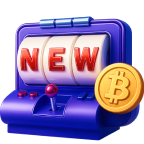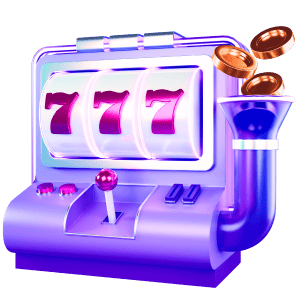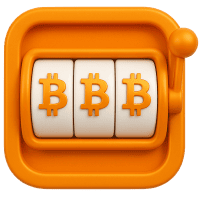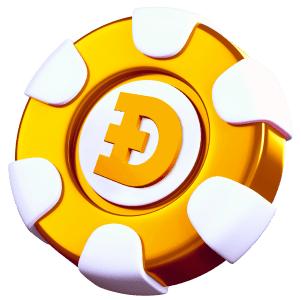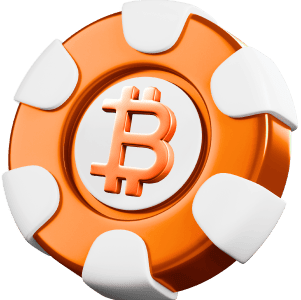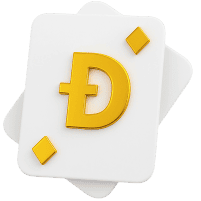If you’ve read a crypto fans forum or X thread sometimes and felt like you’re decoding some secret messages, don’t worry — you’re not alone. The galaxy of crypto has its own wonderful, weird, sometimes confusing language. Words like FUD, FOMO, and HODL are widely used all around like everyone realizes what they really mean. But what if you’re a newbie to the scene? That’s exactly why this guide exists.
Here, we’ll break down these three famous pieces of crypto terminology and explain how they impact real investor behavior. From X memes to market crashes, these terms are more than just slang, they’re a lens into the emotional rollercoaster of cryptocurrency trading. Ready to sound like you’ve been in the game for years? Let’s decode the crypto language together.
What Is FUD in Crypto
FUD typically stands for Fear, Uncertainty, and Doubt. It’s one of the most powerful forces in all of the financial markets. People discussing FUD crypto usually refer to negative news, unfounded rumors, various social media buzz, scaring investors and therefore causing prices to fall.
Imagine a news headline like “Government May Ban Bitcoin At the Nearest Time” for example. Even if there’s no official policy change, the emotional reaction can spark a sell-off. That’s FUD in action. It doesn’t need to be true to affect the market. It just needs to make people nervous.
Real-World Example
Let’s say a crypto project gets accused of being a scam. Investors panic, the price drops 20%, and social media goes wild. A week later, it turned out to be false. But by then, the damage is done. FUD crypto stories spread fast and stick hard.
This term is often used by seasoned investors to call out hype or scare tactics. Someone tweets, “Don’t listen to the FUD — the fundamentals are strong!” It’s like saying, “Ignore the drama. We’re fine”.
When it comes to crypto, perception moves faster than reality. And FUD is a key player in that psychological battle.
What FOMO Means for Crypto Investors
FOMO normally stands for Fear of Missing Out. If you’ve ever bought something just because everyone else was buzzing about it, you’ve experienced it firsthand.
So, what does FOMO mean in crypto? It means buying cryptocurrency not because you believe in the project, but because it looks like the price is going to explode. It’s the “Oh no, I’m going to miss the rocket» feeling.
FOMO crypto behavior usually kicks in during sharp upward trends. You see a coin gaining 300% in two days. You don’t want to miss out, so you buy. But often, by the time you jump in, the market corrects, and you’re left holding the empty bag.
Example: FOMO Bitcoin
Bitcoin in late 2020 was climbing fast. Every celebrity and their cousin was tweeting “crypto mooning!” The FOMO was real. Many jumped in at all-time highs, only to see a pullback weeks later.
FOMO is a part of why cryptocurrencies can be so volatile. It’s not just numbers and charts, it’s emotion and psychology. And when everyone is acting out of fear, things move quickly.
Pro tip: If your reason for buying is “everyone else is doing it”, you might want to pause.
HODL: From Typo to Investment Strategy
Originally a typo from a drunken forum post in 2013, HODL has become a core piece of crypto terminology. Someone tried to write “hold” but instead typed “I am HODLing”. It stuck.
HODL nowadays isn’t a plain typo. It’s a mindset. It refers to holding onto your crypto assets long-term, no matter how much the market swings.
“HODL” has since been reimagined as “Hold On for Dear Life”.
So, what is the HODL meaning crypto investors talk about?
It’s about staying calm while everyone else panics. While others sell during dips, HODLers keep their coins. The idea is that time in the market beats timing the market.
This term gets used a lot during downturns. People post “Just HODL!” in social media and forums to encourage others not to sell. It also means a signal of loyalty to a project or cryptocurrency, like saying, “I believe in this. I’m staying put”.
In a way, crypto HODL has become a badge of honor. It shows you’re not just here for quick wins. You’re in it for a long time.
How These Terms Affect Market Behavior
These words aren’t just slang. They shape how cryptocurrency markets behave. They influence decisions, sentiment, and even price movements.
| Word | Meaning |
| FUD | Spreads fear, pushing prices down as people sell. |
| FOMO | Drives demand, spiking prices fast — often unsustainably. |
| HODL | Encourages stability and long-term thinking. |
Let’s say a tweet about a security breach causes FUD crypto waves. A bunch of people sell, and the market crashes 10%. Meanwhile, hodlers shrug it off. They’ve seen it before. A few weeks later, the price recovers, and FOMO kicks in as new buyers rush in, fearing they’ll miss the next pump.
The cycle repeats. These terms may sound silly, but they create real feedback loops in the market. Emotions drive decisions more often than logic, especially in crypto.
Understanding these behaviors helps you not get swept up in them.
Why Understanding Crypto Slang Matters
Let’s be real: crypto terminology can be intimidating. But decoding it is like learning a new dialect — once you know the basics, it opens up the whole culture.
Knowing crypto terms HODL, FUD, and FOMO lets you:
- Understand market sentiment.
- Spot emotional traps.
- Communicate better with the community.
Whether you’re holding Ethereum, trading Bitcoins, or just curious, understanding the crypto slang makes you advantageous. It inspires you to make smarter choices and not feel like an outsider.
Remember, if someone yells “FUD!” or “We’re mooning!”, you need to know what that actually means before reacting.
And hey, if someone says “HODL meaning in crypto is diamond hands”, now you get the joke.
Final Word
You don’t need to speak perfect crypto to invest wisely. But knowing these terms helps you stay calm when the rollercoaster dips and surges. It turns noise into a signal. And it gives you a filter for all the chaos that comes with the fast-moving world of cryptocurrency.
So next time someone says “FOMO and FUD are messing with the market,” you won’t just nod, you’ll actually get it.





